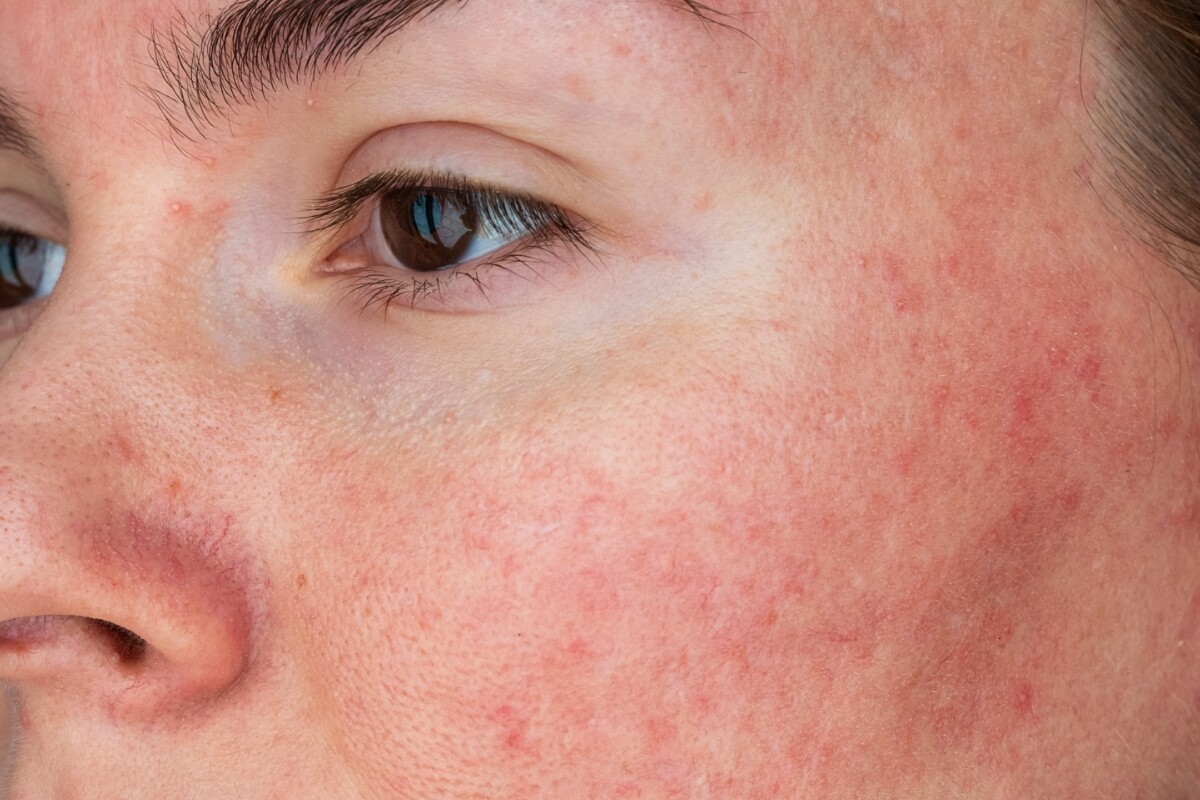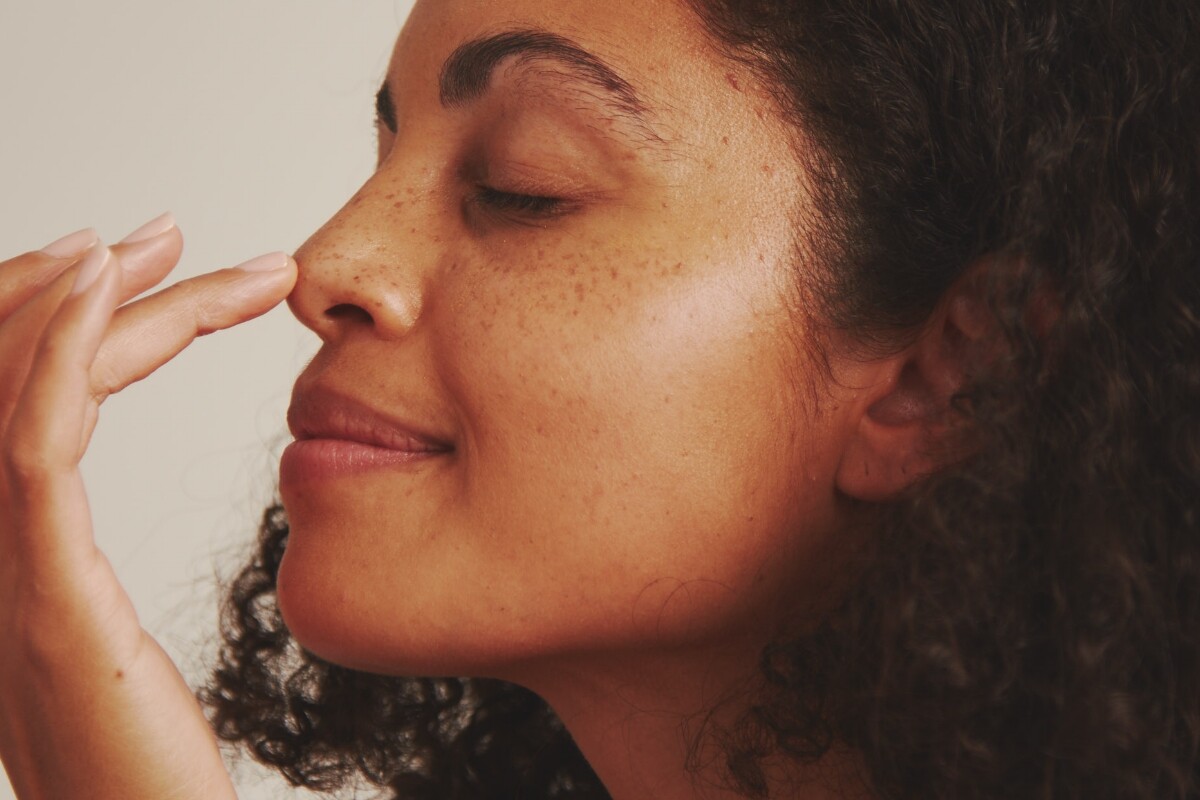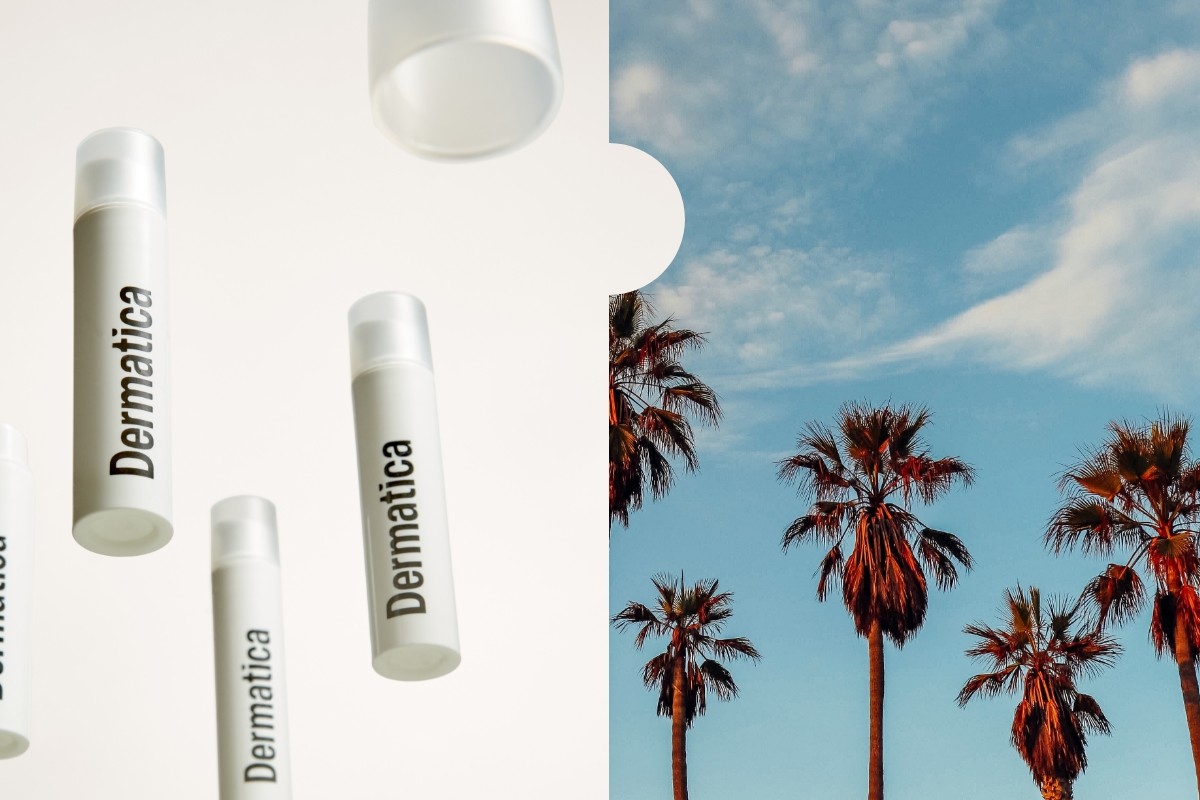Dermatological advice for people with Black skin by Dr. Mary Sommerlad
Does skin colour affect the way we treat it? We asked consultant dermatologist Dr Mary Sommerlad to shed light on the specific skincare concerns faced by black people.
All skin is beautiful regardless of age and colour, but every single person has different skincare needs and a unique set of skin concerns. A one-size-fits-all approach is not scientific, which is why I always favour a tailored, evidence-based approach to skincare.
Occasionally, however, skin scientists are asked to generalise. For example, one question I’m frequently asked is: Do people with a darker skin tone (I prefer to use the term ‘Black skin’) need to be treated differently to those with ‘olive’ skin or very pale skin?
WHY IS SKIN SO VARIED IN TONE?
One word: melanin. From a purely scientific point of view – and dermatologists always start with the biology – the reason why some skins are darker than others is simply down to levels of melanin, the pigment that colours skin and, indeed, hair. Black skin, like my own, is naturally rich in melanin.
We also know that people with Black skin have specific skincare needs due to characteristics that include:
- A natural sun protection of at least SPF13 due to melanin which contributes to the skin appearing to age more gradually;
- Increased water loss from the epidermis because of lower levels of ceramides – the molecules within cells that help form the skin barrier and help skin retain moisture in the top layer of skin – which can result in dull/ashen skin that feel tight and uncomfortable;
- High levels of melanin produced in response to skin inflammation, trauma or irritation resulting in post-inflammatory hyperpigmentation;
- High levels of collagen produced in response to skin trauma such as cuts, surgery or skin-piercings resulting in thickened or keloid scars.
Knowing these particular nuances is vital to caring for and maintaining healthy skin.
WHAT ARE THE BEST SKINCARE PRODUCTS FOR BLACK SKIN?
Regardless of your skin tone, I would highly recommend a consultation with a Dermatologist either in person or an online consultation with Dermatica’s dermatology team before beginning any skincare journey. With Dermatica you can have a free trial for a month and your prescription is delivered to your door.
As for more general skincare advice, let’s start with the face:
Cleansers
Black skin can dry quickly due to lower levels of ceramides so I recommend hydrating cleansers that contain ingredients such as ceramides and niacinamide that actively help protect the skin barrier function.
It’s important to avoid sodium lauryl sulphate (SLS) – a surfactant used in many cleansers (check the ingredients list) – as this may strip too much of the skin barrier away. Instead, look for cream or balm-based cleansers.
Exfoliators
Exfoliation is the shedding of the outermost layer of dead skin cells. Exfoliators can help to brighten the skin and make it look more radiant. For Black and Brown skin tones I recommend liquid exfoliators as opposed to scrubs which may cause micro trauma leading to hyperpigmentation.
When choosing a liquid exfoliator be mindful of the AHA (alpha hydroxy acid) known as glycolic acid. Glycolic acid in concentrations above 10% can trigger inflammation which may lead to post-inflammatory hyperpigmentation so it’s best to start with 5% strength and not exceed 10%. Lactic acid is a gentler AHA which I would recommend for those prone to hyperpigmentation or anyone with sensitive skin.
BHA (beta hydroxy acid) liquid exfoliators like salicylic acid are safer to use and can help tackle acne as well as provide exfoliation to brighten the skin.
PHA (poly hydroxy acid) liquid exfoliators are very gentle and less likely to cause hyperpigmentation. However, they are often added to AHA or BHA exfoliators so be careful to check the concentration of other ingredients in the product.
Moisturisers
Moisturising is key for Black people (see also Body moisturisers below). Black skin tends to lose water through the skin more easily, which can cause the skin to appear dull, especially after cleansing. A lot of Black people use petrolatum-based ointments or vegetable oils such as olive oil to improve the ‘ashy’ appearance of their complexion but oils can make skin look very shiny and may lead to breakouts.
I recommend moisturisers which replenish the skin and help hold water in the skin. These include ingredients like hyaluronic acid, ceramides (which help maintain the skin barrier) and niacinamide (known to reduce inflammation).
Antioxidants
Vitamin C and reservatrol are powerful antioxidants that reduce the effects of pollution on the skin and regulate pigment, providing skin with a more even tone. I’m hoping Dermatica will develop an antioxidant serum of this kind before too long. Watch this space…
Retinoids
Retinoids are really effective at mitigating post-inflammatory hyperpigmentation (dark marks after acne or insect bites) and signs of premature skin ageing such as wrinkles and fine lines.
With all retinoids – tretinoin, the one prescribed most often at Dermatica, tretinoin is far more effective than retinol you will find over the counter – it’s wise to start at a low percentage to ensure maximum tolerance and efficacy, and there may be no need to increase the percentage if the desired effects are being achieved.
If retinoids are used at a high concentration – without time for your skin to adjust – they can trigger irritation which may even result in post-inflammatory hyperpigmentation that can be challenging to address.
Sunscreen
Although Black skin has a natural sunscreen it can still darken very quickly in even modest sun exposure. This can exacerbate melasma and post-inflammatory hyperpigmentation and may contribute to uneven skin tone.
I strongly advise the application of a daily sunscreen all year round, with regular reapplication when outside in direct sunlight. If you have freckles or have experienced sunburn, I recommend SPF50. Wearing a hat and clothing will add extra protection too. It seems obvious but you’d be surprised how many people don’t follow this simple advice.
Body wash
Black skin can dehydrate rapidly so use body washes that look after your natural skin oils; soaps with SLS (sodium lauryl sulfate) are more likely to strip away precious protective oils so look for soap-free or hydrating cream washes.
Body moisturiser
Regardless of skin colour, daily moisturising of the body from top to toe with a moisturiser that restores and maintains the skin barrier is highly recommended. Again, given Black skin’s propensity to lose water you should look for products that contain ingredients to help your skin stay hydrated – they’re called humectants. The hero humectant, now widely available in over-the-counter products, is hyaluronic acid. Glycerin is excellent, too, as are ingredients that lock in water such as squalane and shea butter.
WHAT CONDITIONS ARE OF PARTICULAR CONCERN TO PEOPLE WITH BLACK SKIN?
Melasma
Melasma is dark (usually symmetrical) patches on the forehead and cheeks most often appearing after pregnancy or while using oral contraception. It can be debilitating so I would recommend consulting a dermatologist or, better still, the multidisciplinary dermatology team at Dermatica if you think you have melasma; it can be a complex skin condition but will improve with the right treatment. A personalised prescription is likely to be far more effective than anything you can buy over the counter.
Keloid scars
Black skin tends to form keloid scars more easily. This is due to the ability to overproduce collagen in response to the skin being pierced or otherwise wounded. Keloid scars are raised, itchy lumps that appear as a result of trauma and tend to be larger than the original trauma. Treatment can be challenging and may require a few different modalities. I recommend you contact the Dermatica team, or your dermatologist, to help manage this condition.
Skin disease
Black skin is more likely to produce excess melanin in response to inflammation from skin diseases such as eczema, acne or psoriasis, so instead of skin disease lesions appearing red or pink as they would on paler skin, the lesions appear darker than the natural skin colour – they might even look purple or violet in tone. If you experience this kind of eruption please contact a dermatologist or the Dermatica team as soon as possible so you can be prescribed the ingredients most effective for your skin.
IN SUMMARY
Black people face different skincare challenges to those with lighter skin tones. Black skin has characteristics that will protect against certain conditions but conversely can be more prone to hyperpigment and scar. There are no hard or fast rules because we’re all very different, but by understanding how your skin behaves and tailoring your regime accordingly, preferably using evidence-based ingredients, you can really make a difference to your long term skin health.
Please share this article with your friends. The Dermatica philosophy of making skin science available to as many people as possible, to empower them to take control of their skin, is one I heartily endorse.
Dr Mary Sommerlad
Dr Mary Sommerlad is a Consultant Dermatologist working in East London. She completed her specialist training in Dermatology at the Royal London and Royal Free Hospitals. Her current interests are acne, pigmentation problems, rosacea and eczema.
Related Posts
February 22, 2023
0 Comments6 Minutes





